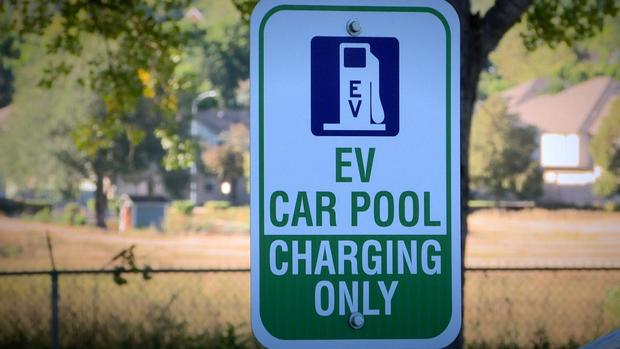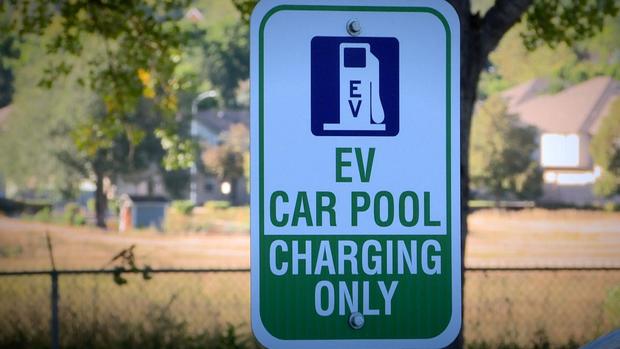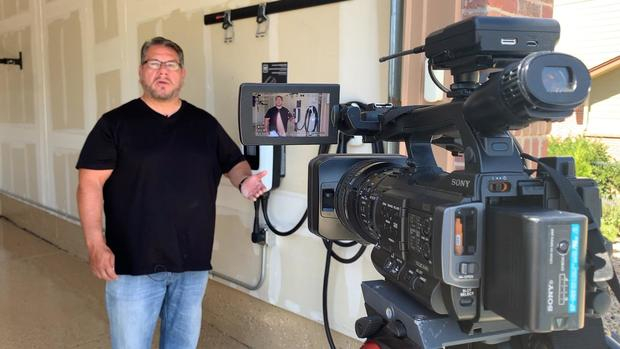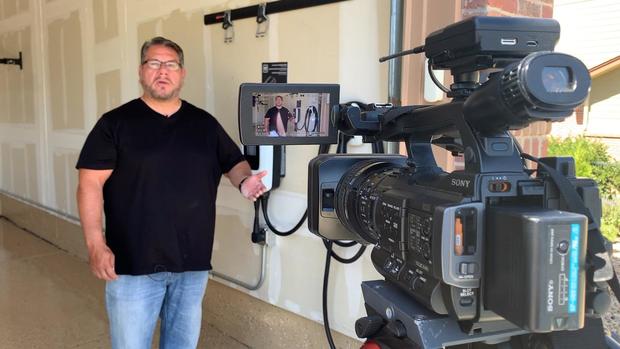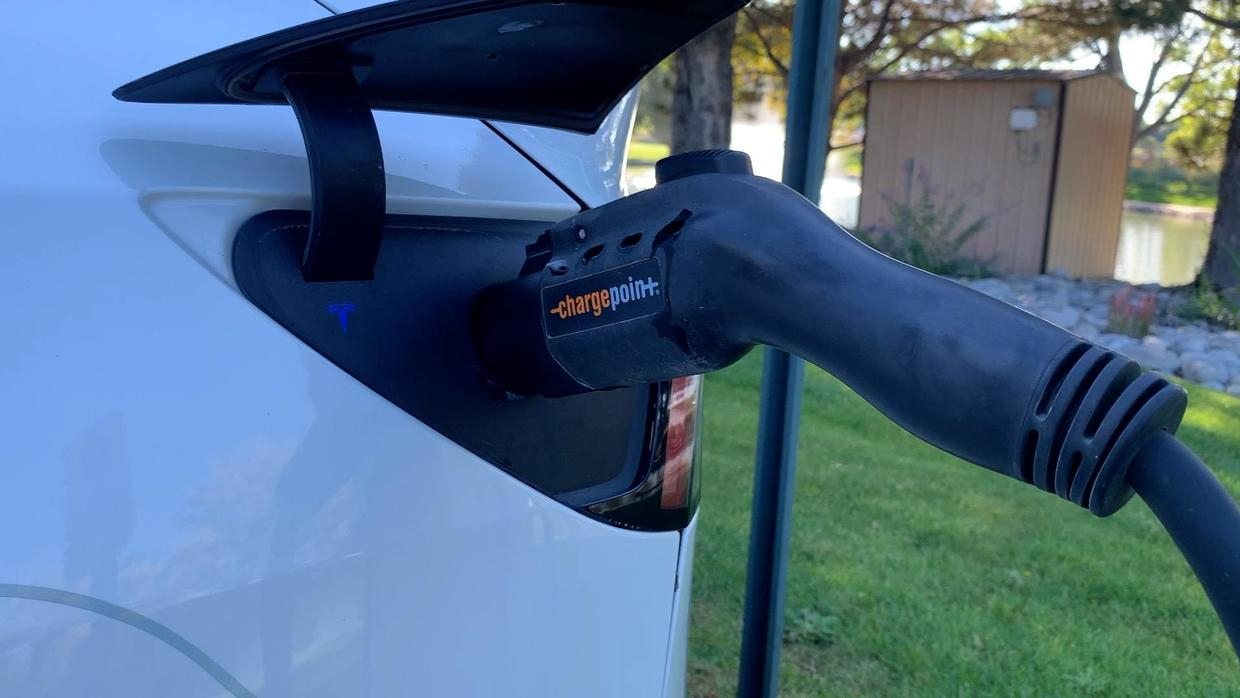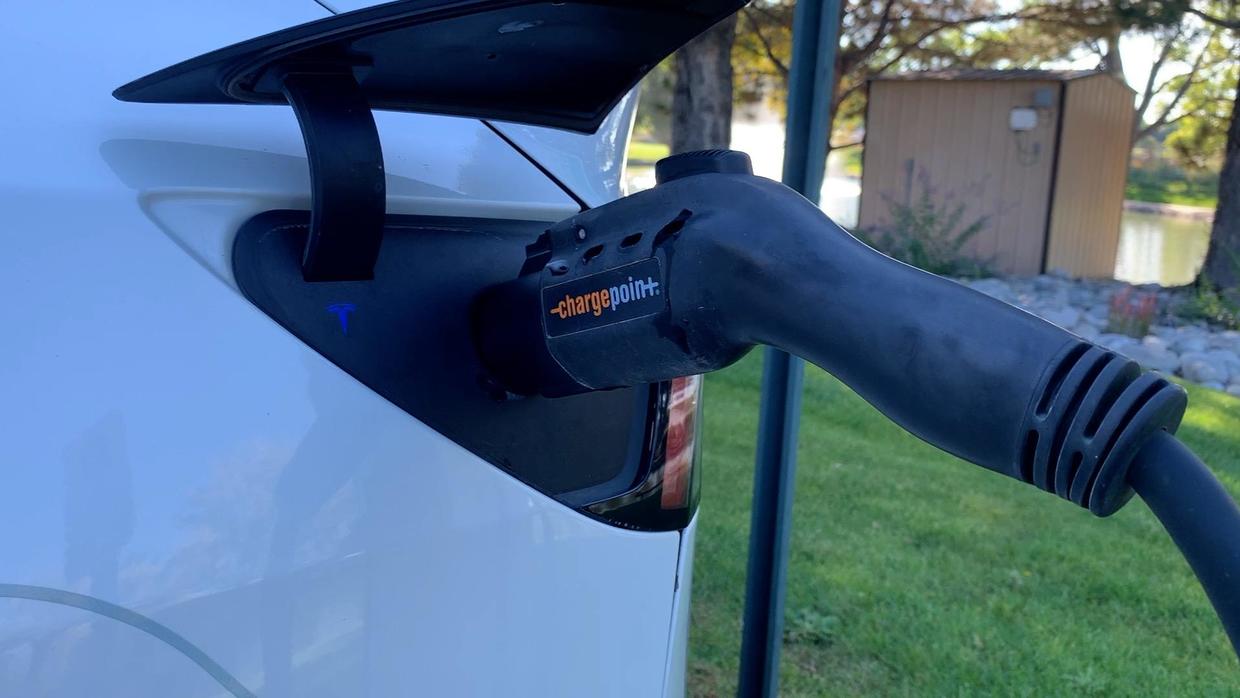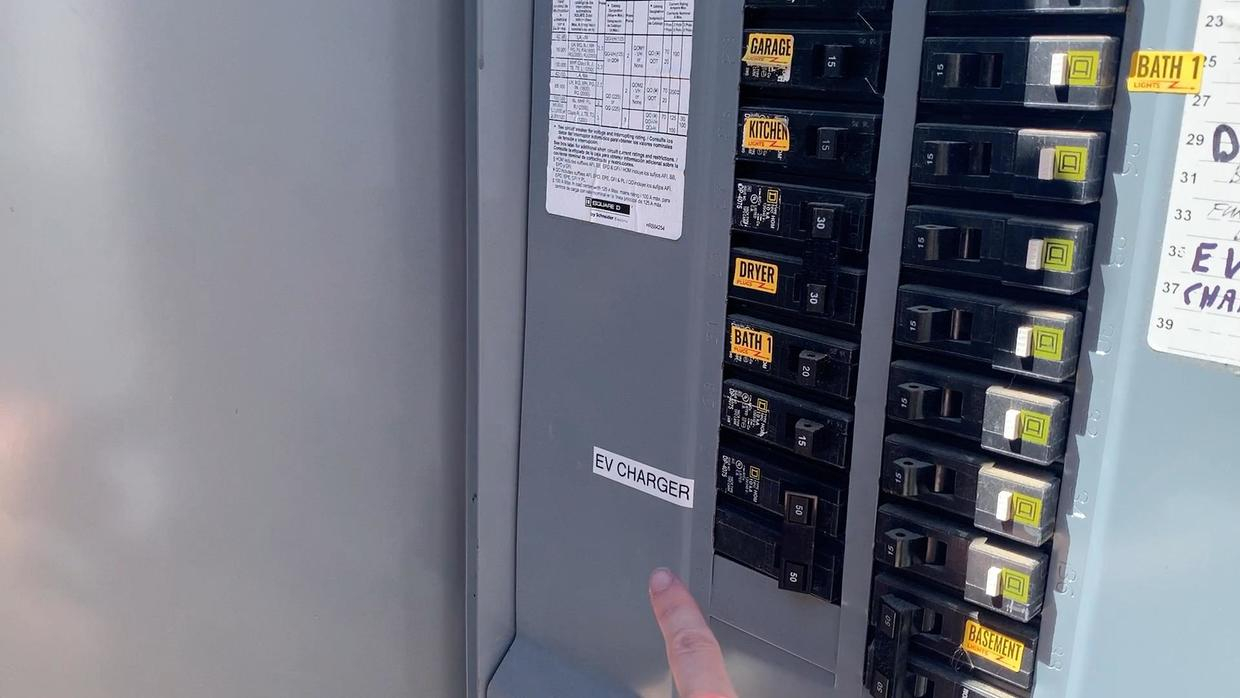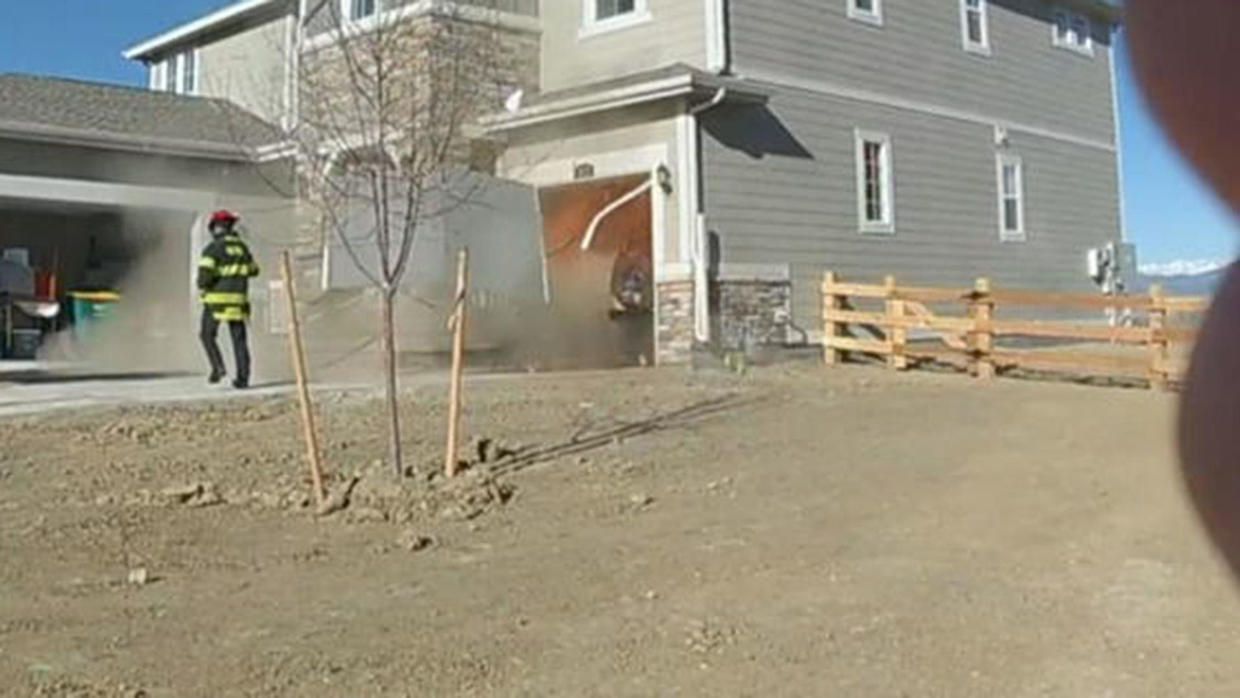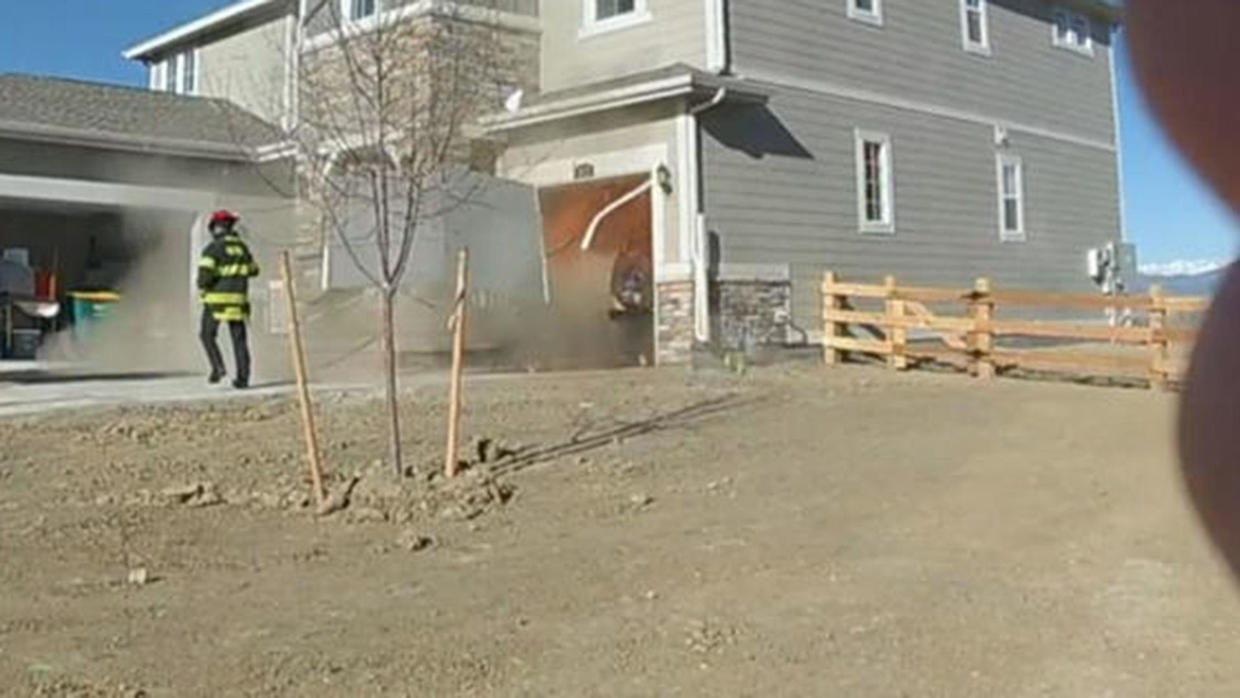"One of the biggest challenges with electric vehicles is the public infrastructure, and the infrastructure at the residential level," Rudolph said. "We're working with our member systems and their end US consumers to provide rebates to evaluate different technologies. What are the best chargers that can be used? On the public infrastructure charging aspect of it, how do you build a regional network? And a lot of the challenges that we face is that anywhere between 50 and 100 miles is where you're going going to need a DC fast charger and a lot of times in the rural areas, there isn't that electrical infrastructure to meet those needs."
Xcel Energy also says it's working proactively on the challenges ahead.
"That's definitely on our radar, and that's where I think this proactive distribution system planning is so critical," said Nadia El Mallakh, the Vice President of Clean Transportation and Strategic Partnerships for Xcel.
She says while there is some time before everyone makes the switch, "it's clearly picking up pace."
So, she says Xcel is spending $50 million on what she calls "no regrets" investments to trucking corridor grids.
"These are areas where we've looked at the system, and we've looked at light, and medium, and heavy duty trucking, particularly also along corridors, and where there's a lot of density to say, 'okay, what are some upgrades we can make now that are no regrets, and so that the grid can be more ready when these heavier duty EVs come onto the road,'" El Mallakh said. "The great thing is as businesses transition those vehicles over, we see significant carbon emission reductions, but sometimes those can take longer times, because they can trigger more grid upgrades. So, we're really excited to be doing this."
El Mallakh also says Xcel is working on advanced metering technology that will help inform other grid update decisions. Read more about those plans by
clicking here.
"We can more quickly see and isolate where an outage is, what's caused it, and how quickly, even sometimes remotely, can repair it. This is going to be really important for EVs in the future," she said. "We're planning right now on being able to to determine where we're seeing high levels of EVs, and that's going to help us with prioritization of proactive system upgrades."
Experts also tell CBS News Colorado that changes at a state legislative level will need to be made, including items like financial supports, streamlining permitting processes, and incentivizing the expansion of the electrician workforce.
"I think a big key piece is making sure the regulators and the legislators support us, being able to make proactive distribution system investments that are efficient and wise and really leveraging our customer programs to reward our customers to say, 'hey, if you charge off peak, that's great for the grid, it's great for your pocketbook, and that helps us do efficient grid upgrades,' so, that we're not over building, but we're not under building," El Mallakh said.
Many individual homeowners will also need to update their electric systems to accommodate the power demands of EV charging. Here's some expert advice to consider.
Berumen says while industries figure out major grid fixes to accommodate new EV technology, there may also be some important electric upgrades your own home will need if you're wanting to hop on the EV train.
If your home is an older home with a lower amp panel, he says you'll need to hire an expert to determine if you should replace your panel to a 200 amp panel that can handle higher power. That's an upgrade that could cost up to $4,000.
